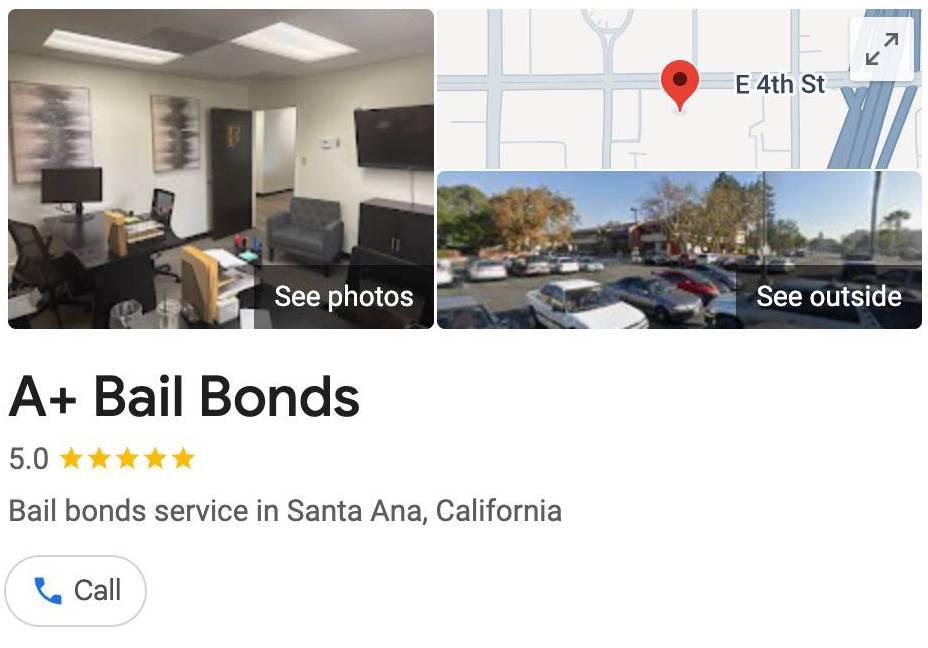Cultural Tapestry: Celebrating the Arts and Festivals of California
Bail is a financial guarantee used to secure the release of an individual from custody while they await trial. In California, if someone is arrested, they may need to post bail to avoid spending time in jail until their court date. This financial obligation can vary widely based on the charge, criminal history, and the discretion of the judge. The bail process can be complex and daunting, especially when navigating the various local laws and regulations. A+ Bail Bonds, a trusted bail bond company serving all of Southern California, is here to help. Our services are fast, professional, and affordable, assisting clients in communities across California, including those highlighted in the vibrant cultural tapestry of the state.
Step-by-Step Guide to Posting Bail in [Specific City]
-
Understand the Bail Amount: After arrest, a bail amount is set based on the crime. This amount is crucial for determining the financial responsibility you will undertake. You can find this information online or through a bail bondsman.
-
Determine Your Payment Options: If you cannot afford the bail amount, you have options:
- Cash
- Property bonds
- Bail bonds through a licensed bail agent like A+ Bail Bonds
-
Choose a Bail Bondsman: If you decide to use a bail bondsman, call A+ Bail Bonds. We pride ourselves on our professionalism, readily available 24/7 to address your concerns.
-
Fill Out the Required Paperwork: We will guide you through the necessary documents that must be completed when securing a bail bond. This step usually includes an application for the bail bond, contact information, and details about the incarcerated individual.
-
Pay the Premium: The bail bondsman typically charges about 10% of the total bail amount as a non-refundable premium.
-
Release from Custody: After the paperwork is settled and payment is made, the bail bondsman typically submits the bond to the jail, leading to the release of the individual. The process can take several hours, depending on the local police and judicial system’s efficiency.
- Attend All Court Dates: It’s critical for the individual released on bail to attend all scheduled court appearances. Missing a court date could lead to a forfeit of the bail and the issuance of a bench warrant.

How the Bail Process Works in California
In California, the bail process begins immediately following an arrest. Once a suspect is booked, a bail amount is set, which is recorded in the police records. The arrestee or a designated representative can then initiate the bail process.
If using a bail bondsman, the agent will act as a guarantor, meaning they will pay the bail amount on behalf of the accused in exchange for a premium. The bondsman may also require collateral, especially if the bail amount is substantial.
Once the individual is released, they must comply with bail conditions, including attending all requisite court dates. If the case is resolved—favorably or unfavorably—the bail will be dissolved, and any collateral will be returned as long as conditions were met.
A+ Bail Bonds will help you navigate these complexities with ease, ensuring that you understand each step of the process. We take pride in our commitment to our clients in Cultural Tapestry, offering prompt, professional service.
Summary
The cultural richness of California is showcased through its arts and festivals, and now, with A+ Bail Bonds by your side, you can navigate the bail process efficiently. Remember, if you find yourself or someone you care about in need of posting bail in [specific city], A+ Bail Bonds is prepared to provide expert assistance.
Frequently Asked Questions
1. What is the cost of a bail bond?
The typical premium charged by bail bondsmen is around 10% of the total bail amount, which is non-refundable.
2. How long does it take to get released on bail?
The release process can take anywhere from a few hours to a full day, depending on the jail and local administrative practices.
3. Do I get my bail money back?
If you post bail with cash and the individual attends all court dates, the bail is returned post-trial. However, bail bond premiums are non-refundable.
4. What happens if the person released on bail misses court dates?
If the individual misses a court date, the court can forfeit the bail, and a warrant may be issued for their arrest.
5. Can I use collateral for a bail bond?
Yes, collateral can often be required by bondsmen, particularly for higher bail amounts. It can include property, valuables, or vehicles.
For any further queries or immediate assistance, don’t hesitate to contact A+ Bail Bonds. We’re just a phone call away!

